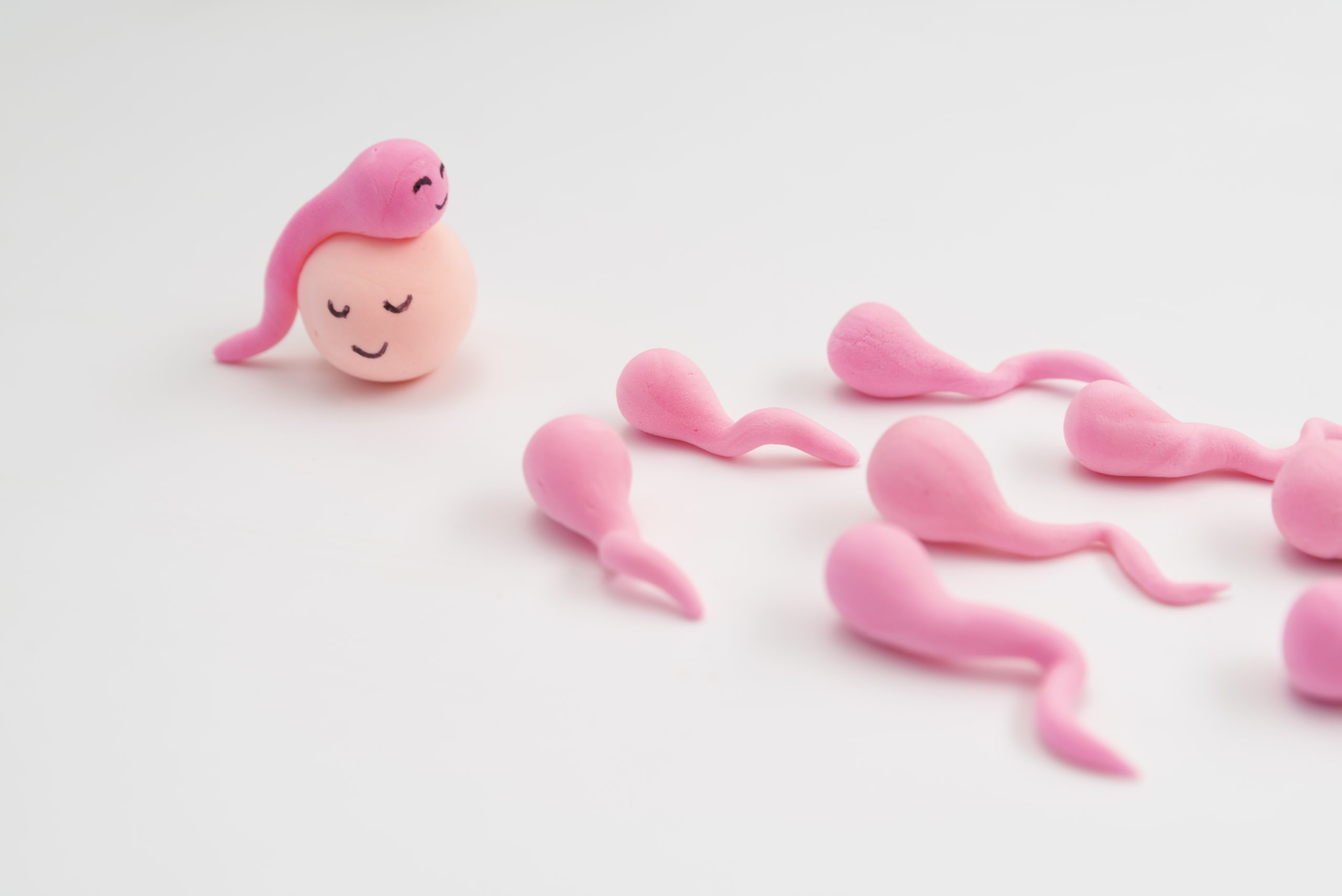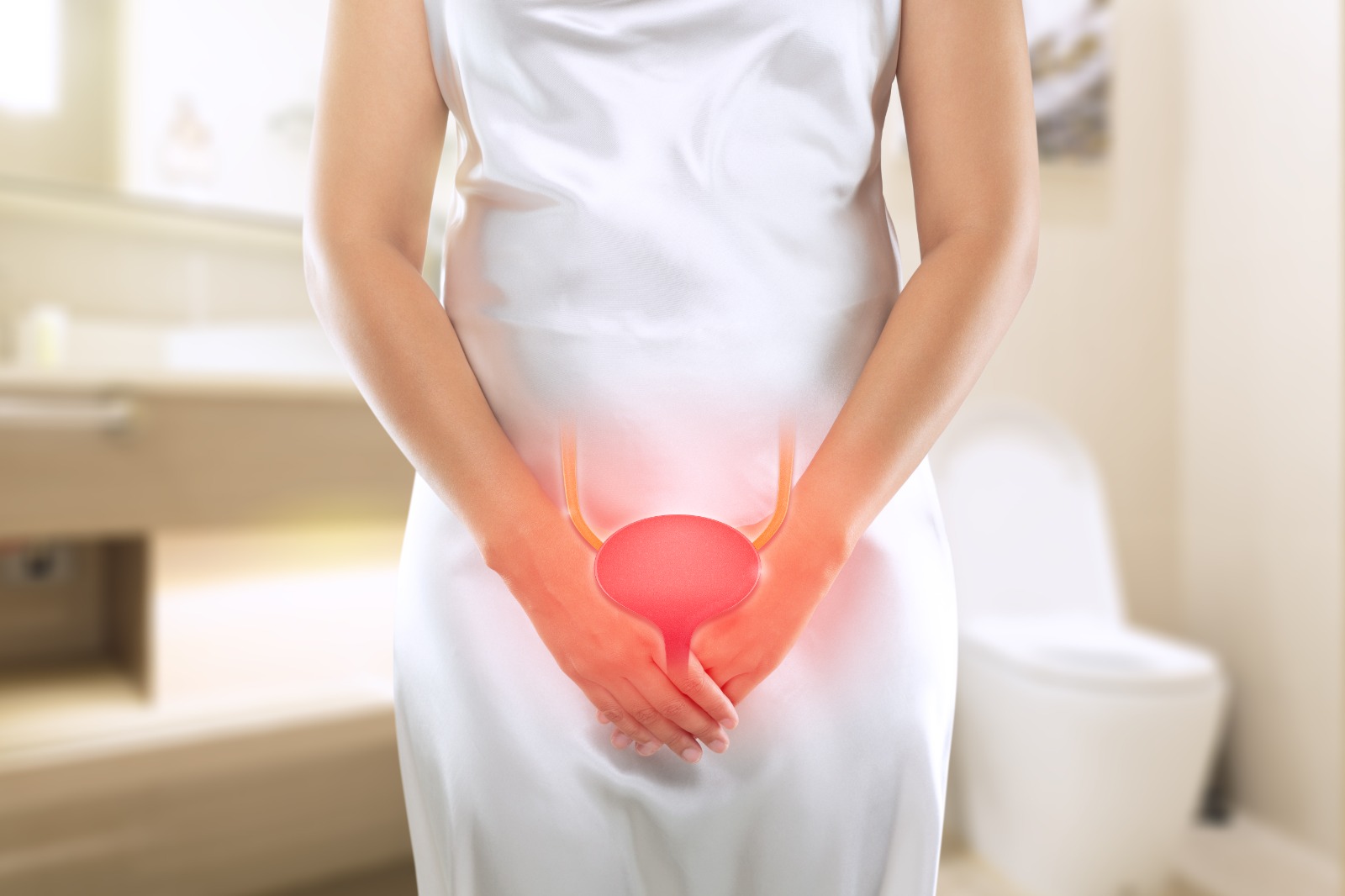The Crucial Role of Adequate Water Intake for Optimal Reproductive Health
Synopsis:
When it comes to reproductive health, we often focus on factors like diet, exercise, and lifestyle choices. However, one often underestimated yet vital element for maintaining optimal reproductive health is staying well-hydrated. In this blog, we’ll explore the significant role of adequate water intake in supporting reproductive health.
Hydration and Hormone Regulation

Image: freepik.com
Proper hormone balance is crucial for both male and female reproductive health. Hormones such as estrogen and testosterone play pivotal roles in the regulation of the menstrual cycle, sperm production, and overall fertility. Staying adequately hydrated helps maintain the balance of these hormones by supporting the endocrine system, which controls hormone production.
Cervical Mucus and Fertility

Image: freepik.com
For women trying to conceive, the quality of cervical mucus is of utmost importance. Cervical mucus helps sperm travel through the cervix and into the uterus. Insufficient hydration can lead to thicker, less fertile cervical mucus, making it more difficult for sperm to reach the egg.
Uterine Health

Image: freepik.com
The uterus is where fertilized eggs implant and develop into embryos. Proper hydration supports uterine health by ensuring an optimal environment for embryo implantation. Inadequate hydration can lead to uterine contractions, potentially interfering with the implantation process.
Sperm Health and Motility

Image: freepik.com
For men, staying hydrated is equally important for reproductive health. Dehydration can affect sperm production and quality. It may lead to lower sperm counts, reduced sperm motility (ability to swim), and altered sperm morphology (shape). All of these factors can impact a man’s fertility.
Detoxification and Elimination of Toxins

Image: freepik.com
Proper hydration supports the body’s natural detoxification processes. When toxins accumulate in the body, they can negatively affect reproductive organs and hormone balance. Drinking enough water helps flush out these toxins, reducing their impact on reproductive health.
Preventing Urinary Tract Infections (UTIs)

Image: freepik.com
UTIs are not only uncomfortable but can also lead to complications in pregnancy. Staying well-hydrated helps prevent UTIs by flushing bacteria out of the urinary tract. This reduces the risk of infections that can potentially affect the reproductive organs.
Maintaining a Healthy Menstrual Cycle

Image: freepik.com
A regular menstrual cycle is a sign of good reproductive health in women. Dehydration can disrupt the menstrual cycle, leading to irregular periods or even amenorrhea (absence of periods). Adequate hydration supports the body’s ability to maintain a consistent menstrual cycle.
TIPS FOR STAYING HYDRATED
- Drink Water Throughout the Day: Aim to sip water consistently throughout the day rather than waiting until you’re thirsty.
- Monitor Urine Color: Clear to pale yellow urine is a sign of proper hydration. Dark yellow or amber urine may indicate dehydration.
- Include Hydrating Foods: Foods like fruits and vegetables have high water content and can contribute to your daily hydration needs.
- Limit Caffeine and Alcohol: These substances can lead to dehydration, so consume them in moderation and compensate with extra water.
- Pay Attention to Activity Level: If you’re physically active or in hot weather, you may need to increase your water intake to account for sweat loss.
A Word From Hegde Fertility:
In the quest for optimal reproductive health, don’t overlook the simple yet vital role of adequate water intake. Staying hydrated is essential for hormonal balance, cervical mucus quality, uterine health, sperm health, toxin elimination, and overall well-being. Whether you’re trying to conceive or simply aiming for better reproductive health, make hydration a top priority in your daily routine. Remember, the benefits of proper hydration extend far beyond reproductive health – they contribute to your overall health and vitality.
